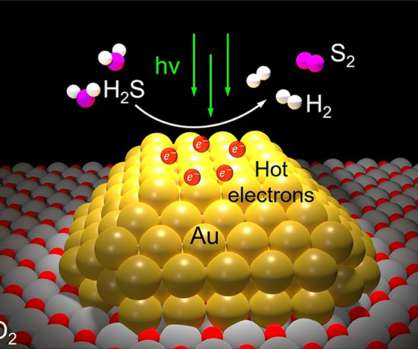New Research Alliance to Promote Low-Impact Drilling Technologies
Green Car Congress
FEBRUARY 16, 2009
The Houston Advanced Research Center ( HARC ) and the Harold Vance Department of Petroleum Engineering at Texas A&M University are establishing a collaborative research program to promote advanced technology for low-impact oil and gas drilling. Sam Houston State University. University of Colorado. Utah State University.












Let's personalize your content